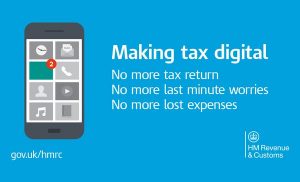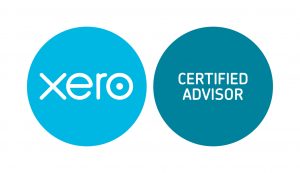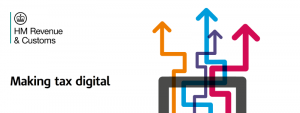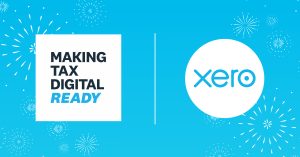MTD – Making Tax Digital will change the way we all work and it has become mandatory from 1st April 2019.
It’s part of the government’s plan to make it easier for businesses to stay on top of their day-to-day accounts. HMRC wants to be one of the most digitally advanced tax administrations in the world – improving efficiency, effectiveness and ease of compliance. The plans signal the end of paper accounting for millions across Britain.
From April 2019, legislation will require business above the VAT threshold to set up a digital tax account and file quarterly returns online. Preparation starts now, with businesses and accountants moving online to improve efficiency, boost profitability and make the transition painless.
This transformation of the tax system which will be up and running by 2020, however, steps have already taken place to implement this process, such as introducing personalised tax accounts as detailed below.
There are four aims of the tax change that HMRC is implementing.
- Making tax simplified
- Making tax digital for business
- Having tax all in one place
- Making tax digital for individual taxpayers
Making tax simplified
Taxpayers should not have to give HMRC information that it already has or should be able to get from elsewhere — for instance, from employers, banks, building societies and other government departments, and this makes sense.
Taxpayers will see the information that HMRC holds through their digital tax accounts, and they will be able to check at any time that their details are complete and correct and make amendments if needed.
HMRC will use this information to tailor the service it provides, according to each taxpayer’s individual circumstances.
Making Tax Digital for business
Businesses should not have to wait until the end of the tax year or even longer before knowing how much tax they should pay.
HMRC will collect and process information affecting tax in as close to real-time as possible, to stop tax due or repayments owed from building-up.
From April 2018, businesses, including everyone who is self-employed and those letting out property, will update HMRC at least quarterly where it is their main source of income (or a secondary source of income above £10,000 and their main income is from employment or a pension). This is going to be a big change for a lot of small business who are used to handling their books to their bookkeeper or accountant at the end of the tax year.
My advice to business owners is to look at the way in which you are recording your business accounts information and consider if you are able to easily pull the information you will need to submit to HMRC every three months.
If the information is not easy to submit to HMRC because it is held on multiple spreadsheets or in paper ledgers, then moving over to a cloud-based accounting system may need to be considered, as the effect on time spent reviewing and submitting data will become a burden on your business, and you need to be able to focus on running your business, not be caught up in the paperwork.
Having tax all in one place
At the moment, most taxpayers cannot see a single picture of their liabilities and entitlements in one place.
HMRC is changing that.
By 2020, taxpayers will be able to see their complete financial picture in their digital account, just like they do in their online banking.
And the ability to be able to set an over-payment of one tax against the underpayment of another: it will feel like paying a single tax.
Making Tax Digital for individual taxpayers
Individual taxpayers will interact with HMRC digitally, and at any time to suit them.
As of April 2016, every individual and small business will now have access to a digital tax account, if you don’t already have an online account, then please go the HMRC website and register online.
The digital accounts will present individual taxpayers with a personalised picture of their tax affairs, along
with prompts, advice and support through web chat and secure messaging with HMRC staff.





